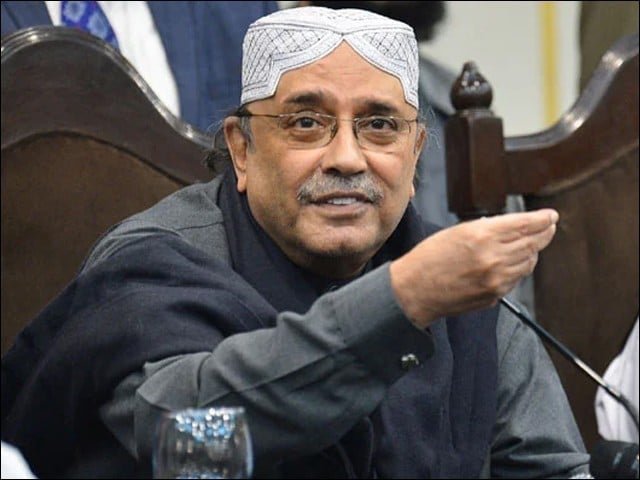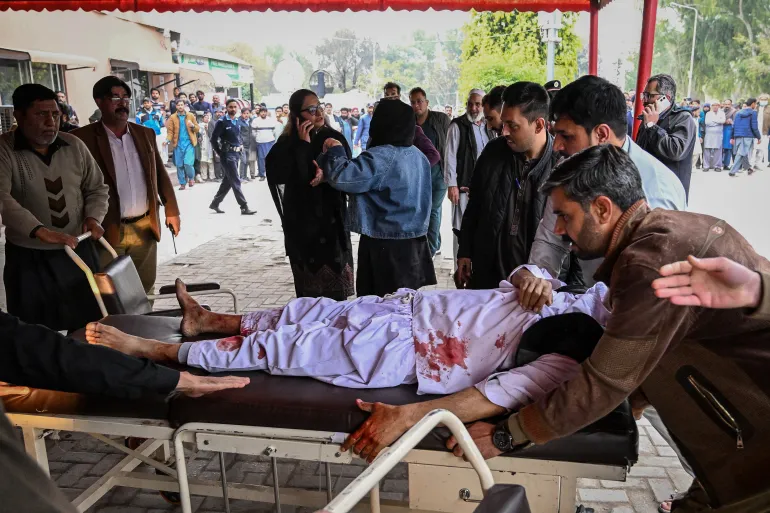In a groundbreaking move aimed at revolutionizing Punjab’s agricultural landscape, Chief Minister Maryam Nawaz has approved the Agricultural Tubewell Solarization Project. This significant initiative is designed to alleviate farmers’ energy costs and foster sustainable agricultural practices across the province.
During a meeting presided over by the chief minister, pivotal details of the project were meticulously deliberated and delineated. It was unanimously decided that farmers who own 25 acres of land will be eligible for participation in the Agricultural Tubewell Solarization Project. Under this auspicious initiative, farmers will bear only 33% of the expenses for solarizing their tubewells, with the government generously covering the remaining 67%.
The initial phase of the project is slated to witness the conversion of 7,000 tubewells to solar energy, thereby ushering in a new era of eco-friendly agricultural practices. Subsequently, the second phase, to be undertaken in collaboration with the federal government, aims to solarize an additional 10,000 tubewells, further amplifying the impact of this transformative endeavour.
In light of the prevailing circumstances, it was underscored during the meeting that the operational cost of running a tube well with diesel presently stands at approximately Rs3,000 per acre, while electricity-powered tube wells incur costs of around Rs1,500 per acre. In sharp contrast, the utilization of solar energy for irrigating one acre of land will cost a mere Rs50, representing a monumental reduction in the financial burden borne by farmers.
Chief Minister Maryam Nawaz articulated the profound significance of this project in mitigating the exorbitant electricity expenses that have long plagued farmers while also emphasizing the pivotal role that the provision of solar panels will play in ushering in a new era of sustainable farming practices. The transition away from diesel and costly electricity is expected to culminate in a substantial decrease in overall production costs, thereby conferring tangible benefits to the agricultural sector as a whole.
Moreover, a directive was issued during the meeting to formulate a specialized package tailored to the needs of vegetable farmers and to devise a sustainable system for the management and distribution of essential vegetables such as tomatoes and onions. Maryam Nawaz also unequivocally mandated the establishment of a sustainable supply management system for tomatoes, onions, and other indispensable vegetables.
In a resounding declaration of her unwavering commitment to redressing the challenges confronted by farmers, Maryam Nawaz articulated, “If the farmer prospers, then Punjab will flourish.” This resolute stance underscored the government’s steadfast dedication to enhancing the agricultural sector and safeguarding the welfare of farmers throughout the province.
The implementation of the Agricultural Tube well Solarization Project is anticipated to exert a transformative influence on the agricultural milieu of Punjab, as it sets the stage for the widespread adoption of eco-friendly practices and augments the economic viability of farming within the region.
















